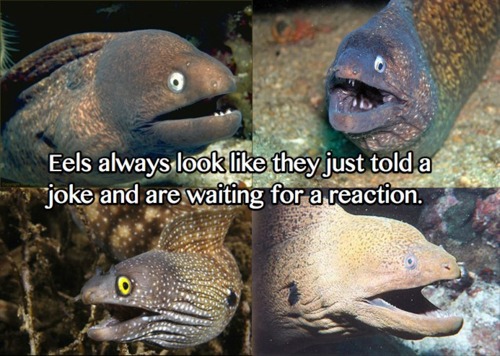I was going over a piece of reading material in my arsenal, the NFPT Fitness Nutrition Specialist Manual, and came across a great section entitled Discipline and Nutrition. It relays my personal perspective on the subject almost perfectly, as well as my personal practice with clients (and friends) regarding nutrition, diet, training, and reaching their goals. I only hope all fitness, health, and nutrition professionals feel the same! …
“Let us equate your pet’s diet to your own, or to that of one of your clients’. While it is almost certain that pet food is less palatable than let’s say, a steak, or a slice of apple pie, a properly raised and well-disciplined pet, having never tasted steak or apple pie, will want for nothing. Wouldn’t it be wonderful to have been born into a world where junk food and dietary temptation never even existed? We too then, would want for nothing. We would eat simply for the purpose of sustaining our body’s dietary needs, and never be faced with making that decision between cookies and grapes. We would be eating nothing but natural healthy foods just like our ancestors, and just like our bodies were created to eat.
Imagine the difference junk-free eating would make in all of our lives. Hundreds of thousands of people around the world currently suffering from every possible diet related disorder ranging anywhere from high blood pressure to diabetes; from depression and low self-esteem to the hyperactivity common in our children brought on by hypoglycemia; from cardiovascular diseases to obesity. Just think of how difficult it would be in terms of breaking habits and unlearning eating behavior to go back to totally natural foods. While this may seem somewhat unattainable, as a fitness professional, you need to make the effort. It will take you a long way down the road to client respect and success as a fitness professional to do so.
The toughest part of eating right is in the early stages when the very thought of all your favorite foods affect your taste buds. And, like it or not, the real problem doesn’t exist solely in your mouth, but more so in the back of your mind. No, not the deep subconscious either, rather in certain centers in the brain that are specific to causing physiological responses such as salivation, at the very thought or sight of different foods. You would be amazed to learn how much money actually goes into psychological research in putting together television advertisements for foods. The sole intention of this research is to manipulate regions of our minds in order to sell us a food product.
As you can easily see, you are definitely fighting an uphill battle all the way in declaring war on junk food. Only the strong willed, and the incredibly disciplined even stand a chance for success in establishing and maintaining life-long healthy eating behaviors. Only through effective and continued short-term goal setting, a serious and strong source of motivation, and a crystal clear vision of your ultimate achievement, can you ever hope to survive the arduous drudgery of taste bud denial in the preliminary stages of this dietary transition.
How long do you have to stick to a bland, healthy diet before you lose this taste for junk food? The answer is simple… as long as it takes. As is true with any worthwhile pursuit, if it means enough to you, you will do whatever it takes to get the job done. We all have our breaking point when it comes to healthy eating, too. Many people would prefer to have their skin slowly and quite painfully peeled away, rather than having to go even one night without their half gallon of ice cream. While others may be able to simply put the thought of certain foods out of their minds completely and focus clearly on their goals and visions of the ultimate achievement.
Strict dieting is therefore not for everyone, as we all have different levels of tolerance to the actions of the brain centers that actually control taste. This is obviously reflected in the emotional roller coaster ride many overweight Americans are currently on, seemingly at the mercy of their brain centers’ regulation of taste, and the resulting failure to consume fewer calories, and partake exclusively of healthier foods. If anyone has the motivation to succeed it would be the obese. One must also recognize that our society is not exactly conducive to weight control either, with all the psychological manipulation in the food service industry, outrageous portion sizes, confusing food product labeling, and many food labeling practices bordering on being fraudulent, it is almost as though the cards are stacked against those wishing to make a positive change to their dietary practices.
This chapter was not intended to suggest a willingness to accept a client’s inability to change his or her eating habits on your part, on the contrary, it is intended to encourage an element of patience, and compassion for these people. What may come easy for you may be next to impossible for someone else. These people need to know you’re on their side. No matter how frustrated you feel about a client’s failure to adhere to your dietary recommendations, you should always be supportive, compassionate, and most importantly, a friend!”





